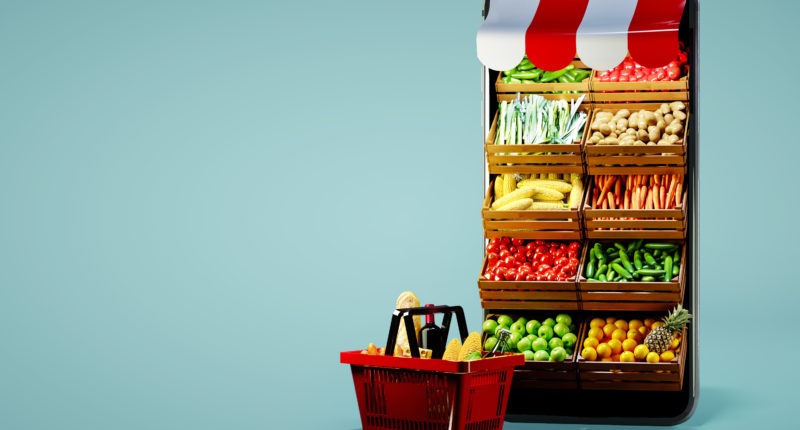The Goods and Services Tax (GST) Council, which will be meeting this Friday, is likely to consider bringing food delivery apps under the ambit of restaurant services and hence liable to GST at 5%. However, considering that the e-commerce operators would need to change their software, they may be given time until 31st December 2021 before this levy comes into force.
The fitment committee has recommended that e-commerce operators that supply restaurant services on their platforms be notified as e-commerce aggregators in the restaurant services category. The move would make food delivery services like Zomato and Swiggy liable to GST on the restaurant services supplied through them.
According to the committee, while food orders have increased due to the pandemic, the government has not gotten the proportional revenue from taxes. This could be because certain restaurants have not registered under GST despite crossing the threshold limit of Rs.20 lakh for registration. This has resulted in substantial tax evasion, and the revenue loss is estimated at Rs.2,000 crore.
The proposal by the committee has two options. The first included notifying e-commerce operators as aggregators under Section 9(5) of the Central Goods and Services Tax (CGST) Act and paying tax at the notified rate. This option would be limited only to restaurant services and may not be applicable for restaurants within hotels where the room tariff exceeds Rs.7,500 per night.
The second proposal was to notify e-commerce operators as deemed suppliers. There are two legs in a food delivery order. The first leg is from the restaurant to the e-commerce operator and the second from the e-commerce operator to the customer. GST would be charged at 5% without input tax credit for the first leg or 18% with the input tax credit. For the second leg, GST would be charged at 5% with a limited input tax credit.
The situation at present involves restaurants charging 5% GST on the food and beverages supplied and not availing any input tax credit. The food delivery aggregators like Zomato and Swiggy are registered as tax collectors at source. The recommendation by the fitment committee, if accepted, will help the government bring smaller restaurants too under the ambit of GST and therefore increase GST collections. However, these small restaurants that have not been paying GST will now have this additional cost added to their services.
The fitment committee, which comprises officers of various Indian states, has also recommended that cloud kitchens be included under restaurant services and charged GST at 5%, without the input tax credit.
The inclusion of food delivery apps and cloud kitchens under GST is among the 54 proposals likely to be taken up in Friday’s Council meeting. Some reports suggest that the Council will discuss whether to bring petrol and diesel under the ambit of GST. The other matters on the agenda include the extension of the levy of compensation cess, revenue augmentation measures, a revision of GST rates and rules, etc.
Join our Telegram channel to keep getting updates on all things finance.
For any clarifications/feedback on the topic, please contact the writer at athena.rebello@cleartax.in

I’m a Chartered Accountant by profession and a writer by passion. ClearTax lets me be both. I love travel, hot tubs, and coffee. I believe that life is short, so I always eat dessert first. Wait.. life is also too short to be reading bios… Go read my articles!





